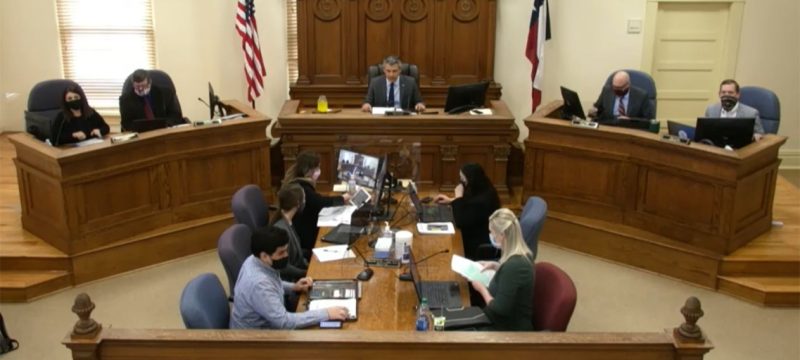Independence of the judiciary remains a central pillar of democracy, yet recent developments have brought transparency concerns to the forefront. Two judges of the Islamabad High Court (IHC) have expressed concerns over transparency ahead of a scheduled full-court meeting, highlighting the importance of accountability within the judicial system.
The IHC judges’ transparency concerns have gained attention not only for their timing but also for their wider implications. A judiciary that commands public trust is crucial for upholding the rule of law, and debates around openness in its processes point toward the need for stronger institutional reforms.
IHC judges’ transparency concerns in focus
The two judges have called for:
- Greater clarity in decision-making processes within the court.
- Open discussions on judicial practices that directly affect the public.
- Assurance that internal meetings uphold democratic principles of accountability.
- Stronger engagement with the public to maintain trust in the legal system.
These calls for transparency echo broader debates across the country. A growing number of lawyers and civil society members have stressed that the judiciary must lead by example when it comes to openness and fairness.
The issue of transparency also intersects with other high-profile cases. For instance, in the IHC notice to the cabinet in the Aafia Siddiqui case, the court’s decisions have drawn international attention. This shows how judicial proceedings in Pakistan not only influence national law but also affect the country’s global reputation.
Why transparency matters
Concerns raised by IHC judges underline several key points:
- Without transparency, public confidence in the judiciary weakens.
- Lack of openness can create doubts about the independence of judges.
- Transparency can strengthen the rule of law by ensuring fair treatment for all.
Legal experts argue that such debates are healthy for any democracy. They encourage reforms that improve trust between courts and the people.
Moving forward
The IHC judges’ transparency concerns highlight the urgency of ensuring that judicial practices remain open and accountable. For the judiciary to maintain its authority, it must constantly reassure citizens that justice is not only being done but also seen to be done.
As the full-court meeting approaches, many will be watching to see whether these concerns lead to meaningful steps toward greater transparency.







